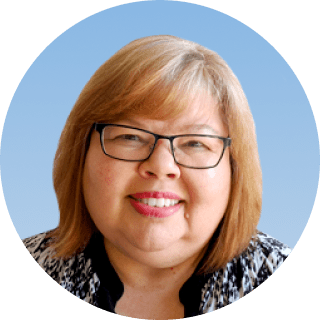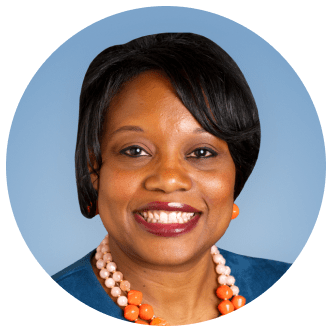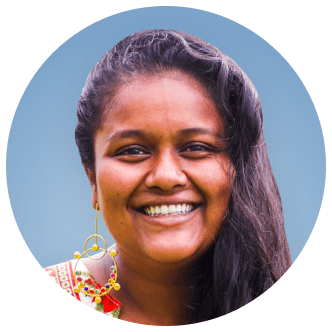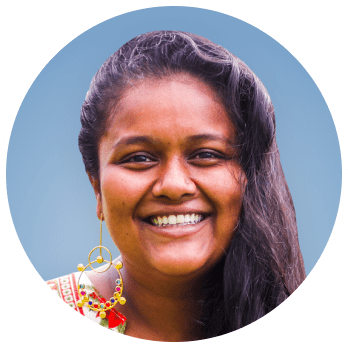Dr. Amber Williams
Inaugural Vice Provost for Student Success at the University of Tennessee, Knoxville
Through the development, implementation, and evaluation of student success initiatives, Dr. Williams works to retain and graduate a talented and diverse student group. During her first year, Dr. Williams initiated the New Vol Experience, a reimagined six-week transition period; the Vol Success Teams, a three-person network to help students navigate their UT involvement; and the Vol First-Year Experience, a transformative academic and engagement opportunity for incoming students. Students participating in these programs report higher academic and social-belonging levels and are more comfortable utilizing UT resources. Dr. Williams earned her bachelor’s degree in communication studies from the University of Kansas. She received her master’s degree in leadership education and doctorate in education and leadership studies from the University of Nebraska–Lincoln.





Both Williams and Pramanik have observed these feelings in the students they work with. Williams advises prospective students to be aware of this from the start and to choose a college accordingly. "College is a new opportunity for students to find a community of peers, faculty, and staff who become a second family," she notes. “Look at college as the chance to step away from what you have known before, and to find your own meaning and purpose in the world."
Pramanik adds that some colleges will often do outreach during the summer in order to connect with students from multicultural communities and provide resources and insight before they start their first semester. Outreach typically comes from a college’s student affairs office, dean of students office, or office of multicultural student affairs, which are usually charged with supporting the well-being and success of students. She also advises students to look for common interest student organizations.
"There are usually organizations and programs that focus on bringing together people by their identity and lived experiences — those who identify as first generation, who identify as part of the LGBTQ community, and many more communities," she says.